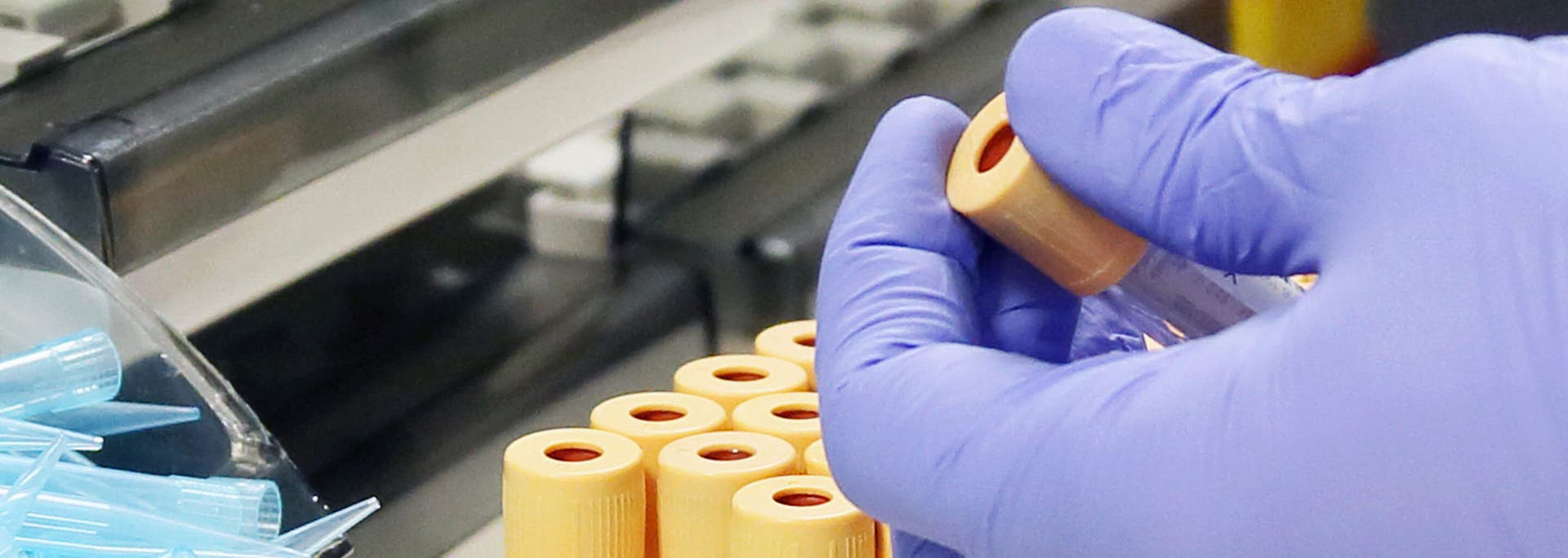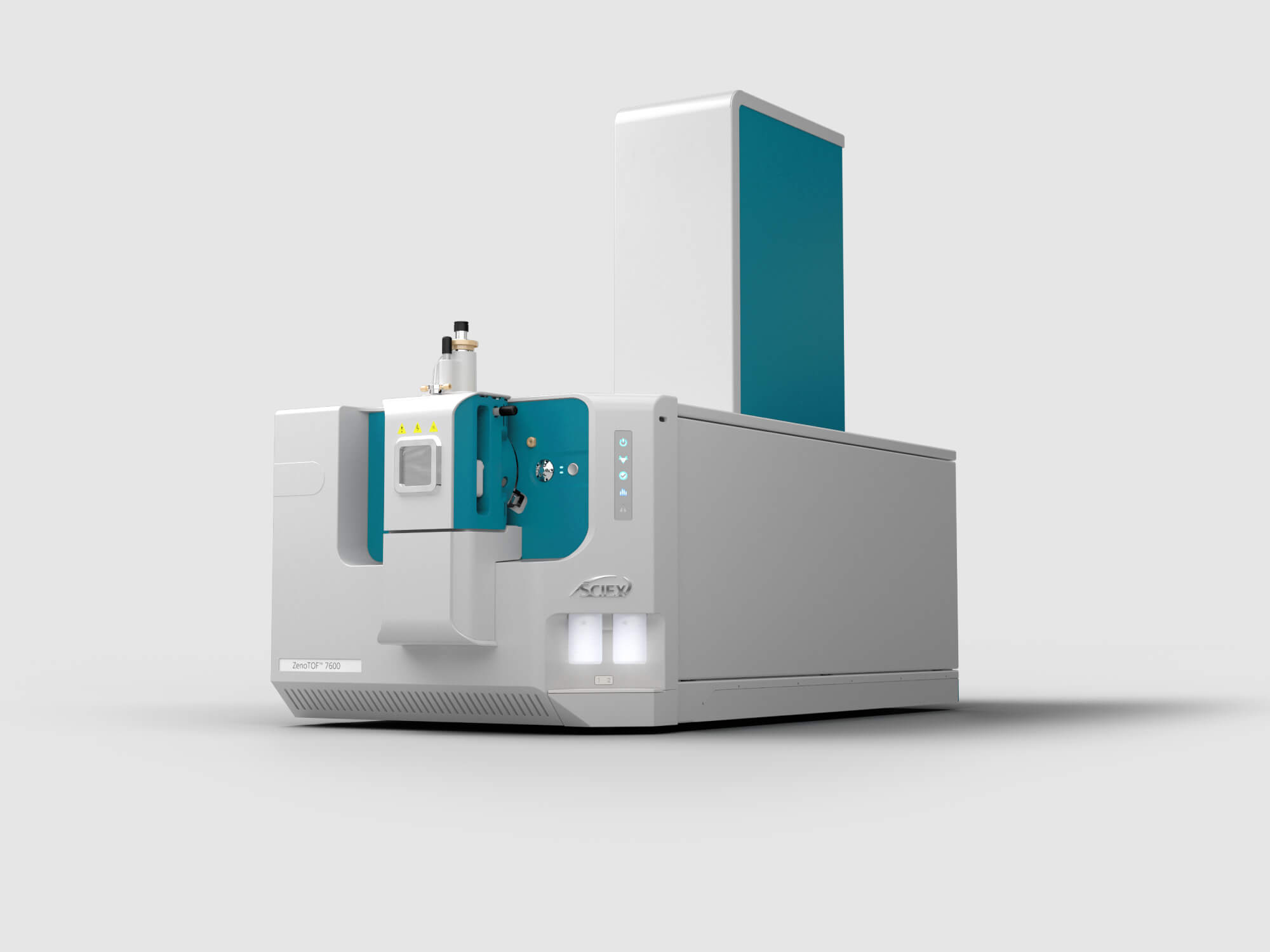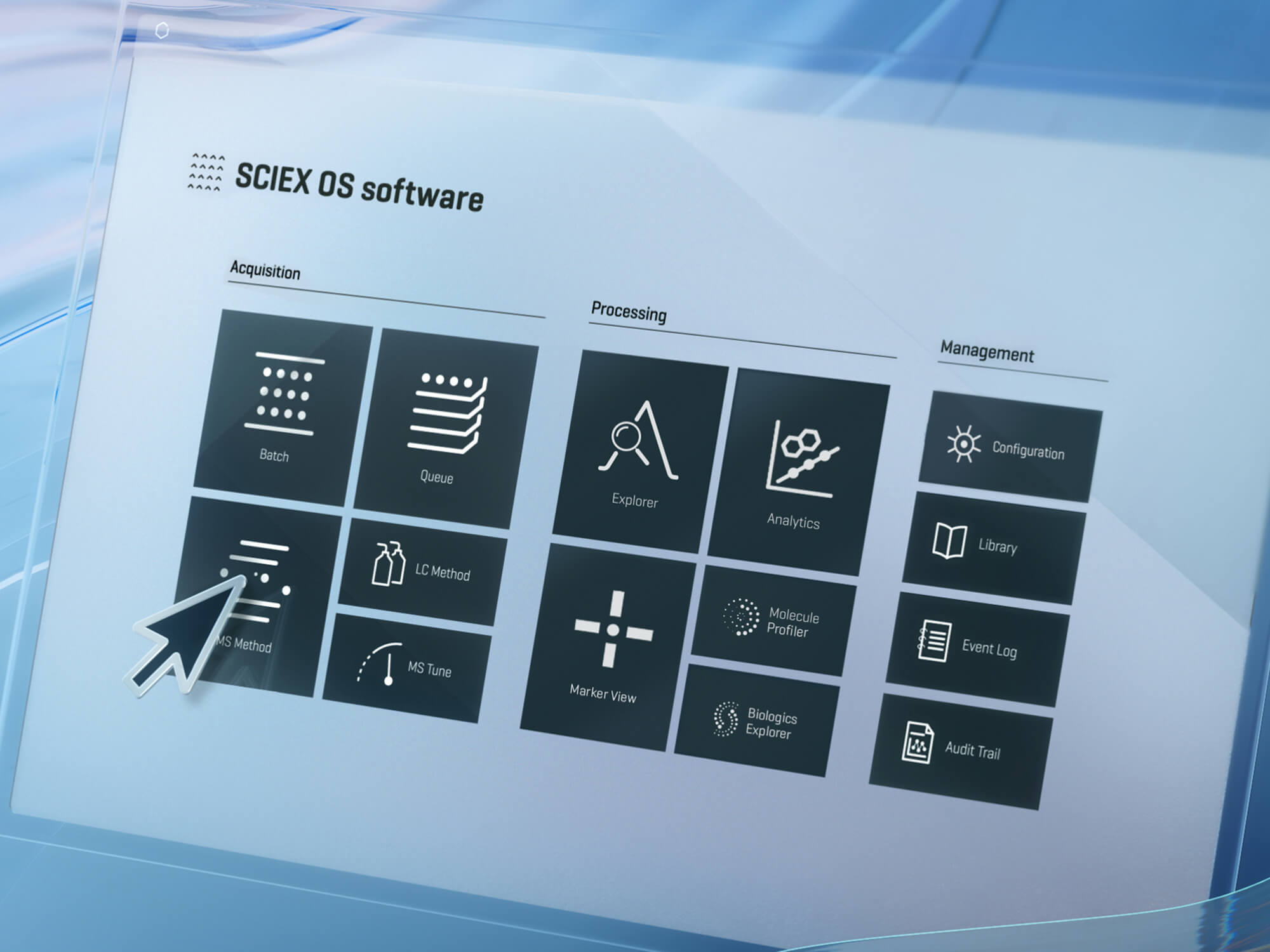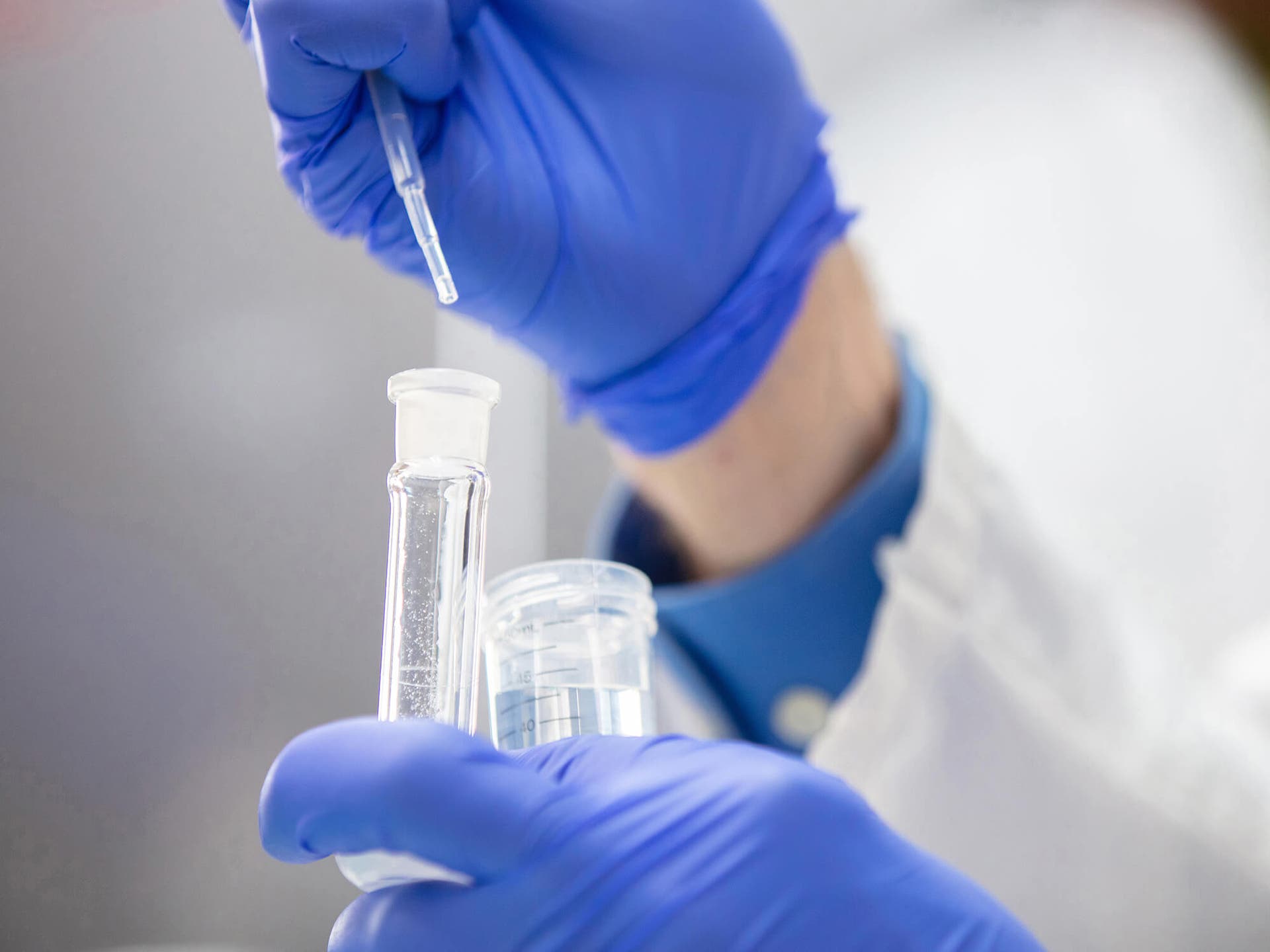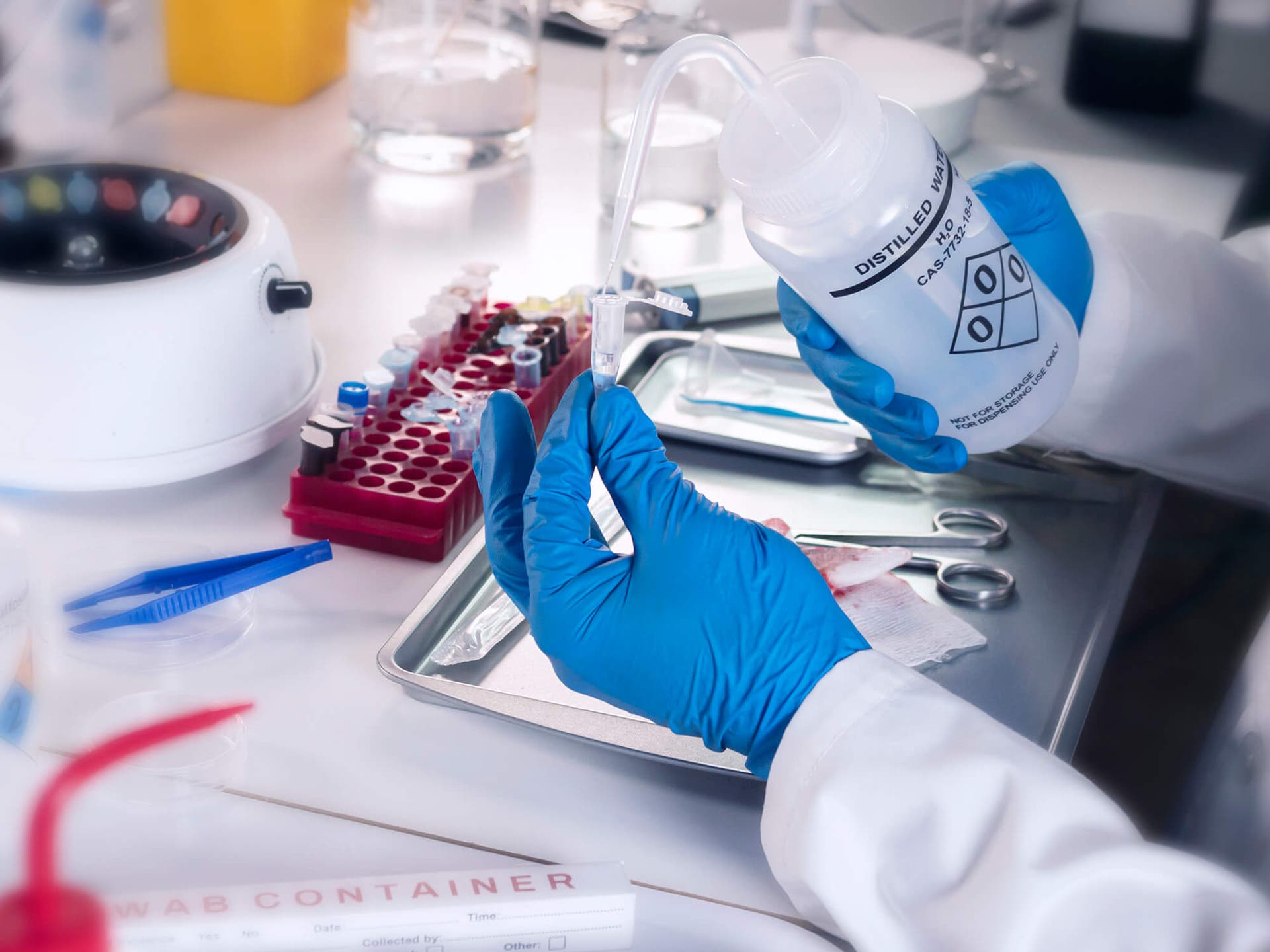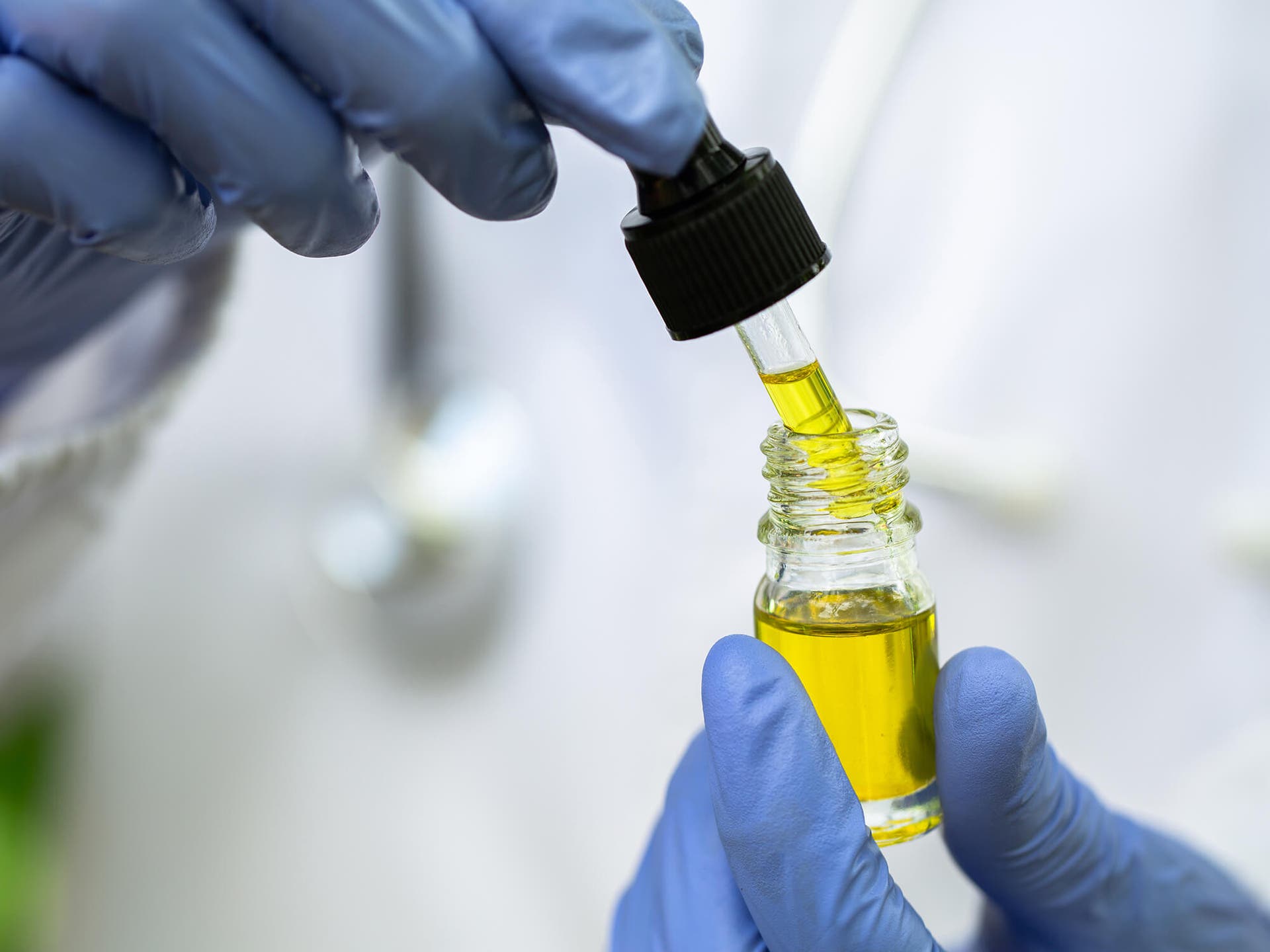The detection of doping, or performance-enhancing substances, in human samples is critical for leveling the playing field among athletes and protecting the integrity of competitive sports. Global standards for anti-doping policies and guidelines designed to deter the use of these substances are regulated by the World Anti-Doping Agency (WADA) and supported by both sports and governmental authorities.
Every year, WADA sets new analytical guidelines for drug testing methods and provides recommendations for implementing effective testing protocols in anti-doping laboratories. When it comes to putting these protocols into practice and identifying prohibited substances in biological samples, anti-doping laboratories require state-of-the-art instrumentation to confidently perform screening-to-confirmation workflows.
